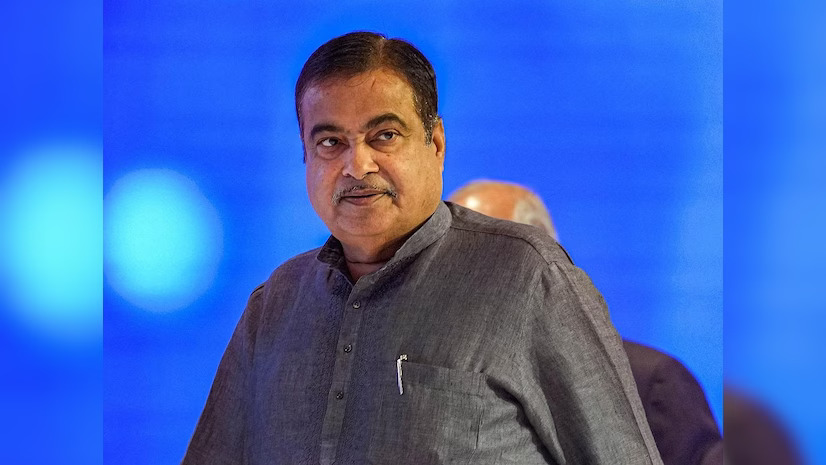Drumil Modi, Pune
Minister of Road Transport and Highways Nitin Gadkari proposed on Tuesday an additional 10% Goods and Service Tax (GST) on diesel vehicles as pollution tax. The intention as stated is to discourage automakers from manufacturing such vehicles that use the ‘most polluting’ fuel.
Just two hours after putting forward his suggestion on the pollution tax, Finance Minister Nirmala Sitharaman stated that no such proposal is under consideration at the moment by the government.
The finance minister emphasized that in accordance with their commitments to achieve Carbon Net Zero by 2070 and to decrease air pollution levels resulting from hazardous fuels such as diesel, as well as the swift growth in automobile sales, it was essential to actively adopt cleaner and more environmentally friendly alternative fuels. The finance minister further noted that these fuels needed to serve as import substitutes, be cost-effective, domestically sourced, and free from pollution.
As India joined the Global Biofuels Alliance during the G20 Summit, Gadkari emphasised the growing focus on biofuels and alternative fuels stating that this is the top priority of the government, has also stated that the companies will have to reduce diesel vehicle production by themselves otherwise the government will impose laws that will force the companies to comply.
The Union Minister stated that India imports 89% of crude oil, which poses a significant challenge. Consequently, the Prime Minister, Mr. Modi, has accorded the highest priority to alternate and biofuels. He reiterated his position on the gradual elimination of diesel engines and mentioned that it’s a dangerous fuel that drives up the cost of imports.
According to the minister himself, the percentage of diesel cars has dropped in recent years from an all-time high of 33% in 2014 to 28% in 2023
“Say goodbye to diesel. Take suo motu action or else we will have to increase the tax so much that you won’t be able to sell diesel vehicles,” Gadkari said.
Following Gadkari’s remarks, shares of multiple diesel vehicle production companies such as Tata Motors, Ashok Leyland and Mahindra & Mahindra took a hit of around 2.5 to 3 per cent.
